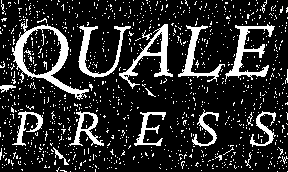| The prose poems in Brian Clements’s And How to End It spin with the urgency of a society, a globe, a universe, careening toward a crisis point. “The worst will happen,” Clements warns us, and images of rubble, of death, of Guantanamo, populate these pages. Still, the masterful ways that Clements shapes language defies the nihilism his writing might portend; amidst the uncomfortable images and difficult questions, these prose poems confound and sparkle with precision, juxtaposition, moments of beauty. In Clements’s dangerous-yet-alluring world, politics can’t be separated from art can’t be separated from language can’t be separated from the small, hopeful ways of living our lives.
Praise for Brian Clements's previous books:
“[Essays Against Ruin] is a book of poems that thinks—that essays—against ruin, that meditates on the myriad relationships between nature and history. These well-crafted poems waken the depths and brush up against the mysterious realms of the unspoken, the unspeakable world.” –Ed Hirsch
“Reading Essays Against Ruin, I realize, once again, we need to treasure those who can rethink what we think the world is, those who insist on the equality among reality, imagination, and the connection between the two, the shore from which meaning weighs anchor. With its uncanny and uplifting reversals of logic, its lyrical couplings of disjunctures, and its suffusions of palpable absences, Essays forms, not a text, but a bowl-shaped palm we can drink from.” –Jack Myers
|
